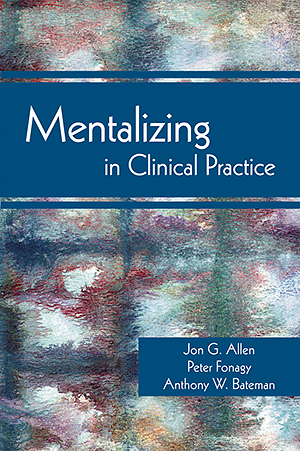Sections
Excerpt
The importance of developing increasingly effective mental health interventions for children cannot be overstated. Plainly, the most obvious reason for enhancing interventions is the sheer prevalence of psychiatric disorders among children—current estimates of which range from 12–15% to 20–30%, depending on the level of severity (Fonagy et al. 2002b). Yet early interventions also have a potentially crucial preventive role as well, inasmuch as psychopathology in childhood and adolescence is the foundation on which the bulk of adulthood psychopathology develops. In a landmark prospective longitudinal study, Kim-Cohen and colleagues (2003) found that roughly 75% of adults with psychiatric disorders had a diagnosable disorder prior to age 18, and 50% had a disorder prior to age 15; accordingly, they concluded: “Most adult disorders should be reframed as extensions of juvenile disorders” (p. 709).
Access content
To read the fulltext, please use one of the options below to sign in or purchase access.- Personal login
- Institutional Login
- Sign in via OpenAthens
- Register for access
-
Please login/register if you wish to pair your device and check access availability.
Not a subscriber?
PsychiatryOnline subscription options offer access to the DSM-5 library, books, journals, CME, and patient resources. This all-in-one virtual library provides psychiatrists and mental health professionals with key resources for diagnosis, treatment, research, and professional development.
Need more help? PsychiatryOnline Customer Service may be reached by emailing [email protected] or by calling 800-368-5777 (in the U.S.) or 703-907-7322 (outside the U.S.).



